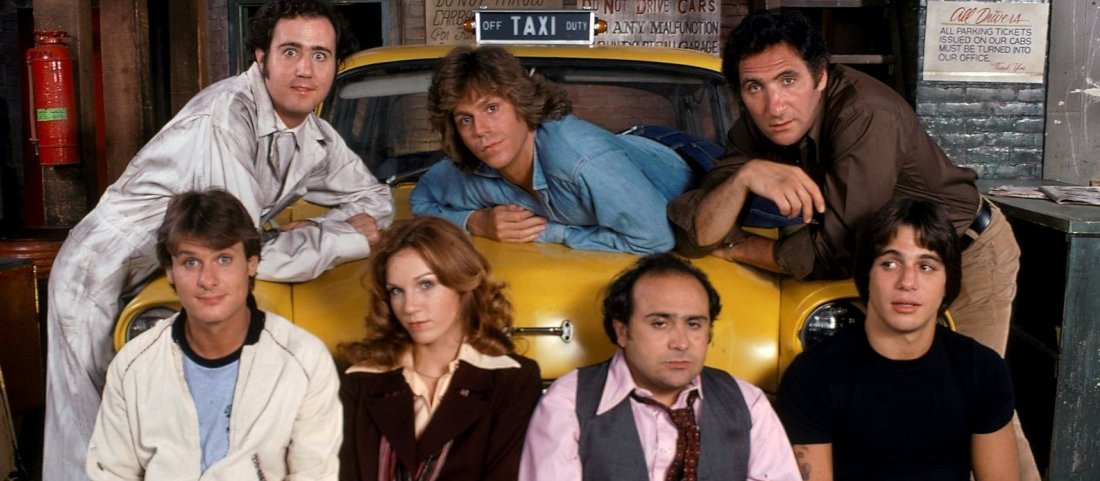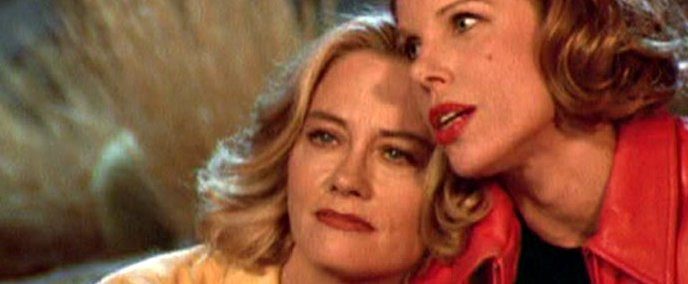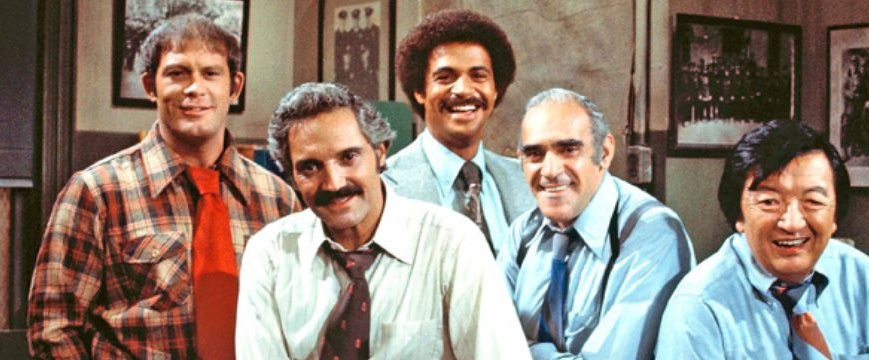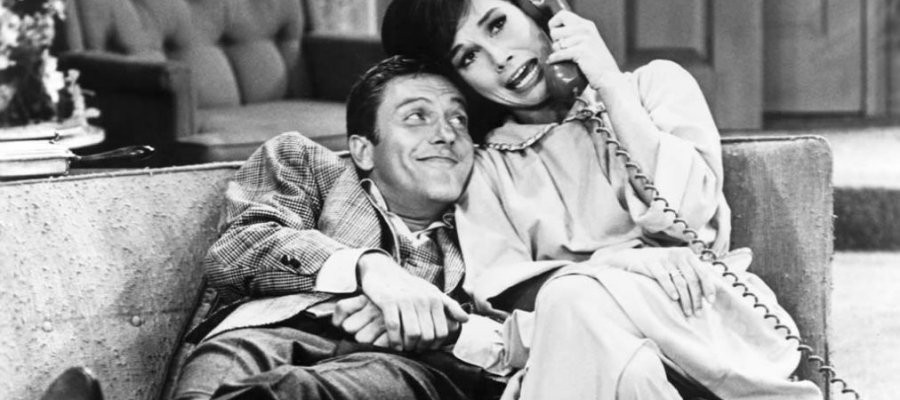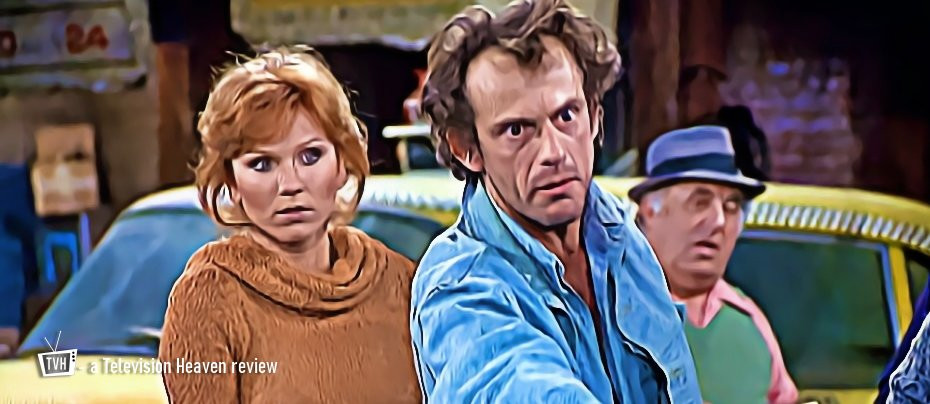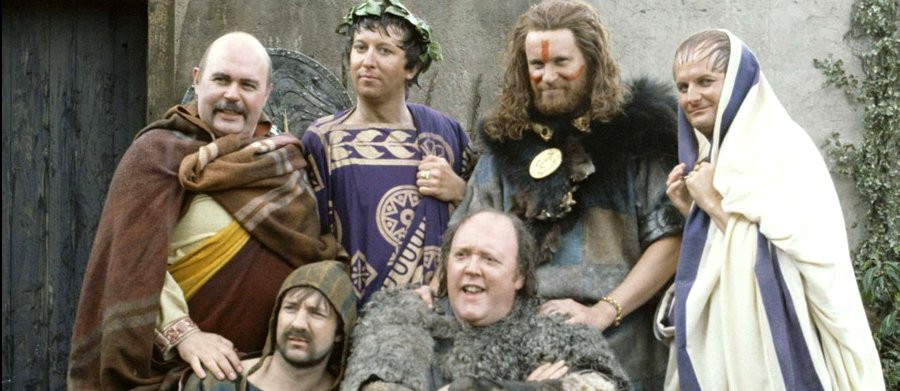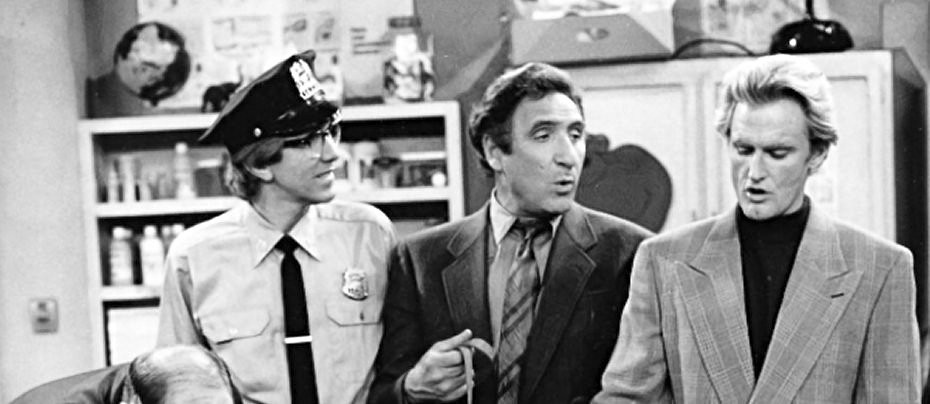
Dear John (USA)
1988 - United States“it was a vast improvement on some American variants of British successes”
Review by Brian Slade
The American networks do not have a particularly consistent record of making successful versions of hit British sitcoms. Of course, they sometimes bite off more than they can chew – failing to convert such essentially British shows as Dad’s Army or Are You Being Served? comes as no surprise. However, failure was not always the outcome when they got the casting right, and so it proved to be when they took the brief success of Dear John and turned it into a sitcom Stateside, one we would know as Dear John USA.
The premise of the show was not tinkered with – why try and alter perfection. John Lacey seems to have a happy life – a good teaching job, a nice home that he shares with his wife and son – until he returns from work one day to find his wife gone and replaced with a note that begins with those famed relationship-ending words, Dear John…
John’s world has collapsed. Despite his wife leaving to pair up with one of John’s best friends, she is granted custody of their son and ownership of the house, leaving John renting a small apartment in Queens and at a complete loss. He decides to try and arrest the slide in his life by responding to an add for the One-to-One Club, a social gathering for singles and divorcees.
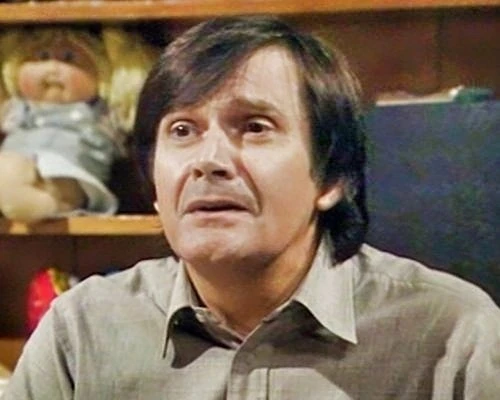
The British version had been cast perfectly, Ralph Bates earning every bit of our sympathy as he tried to recover his life from a single run-down room rented out by the bizarre Polish landlady Mrs Lemenski. If the American version was to be a success, casting was critical and in fairness CBS nailed it. Judd Hirsch had already achieved a sustained sitcom success as cab driver Alex Reiger in Taxi, a character similarly fighting the cards that had been dealt to him by a harsh world. In Taxi, Hirsch was the glue of the entire show, despite the comic talent of the likes of Christopher Lloyd, Danny DeVito and Andy Kaufman getting the big laughs.
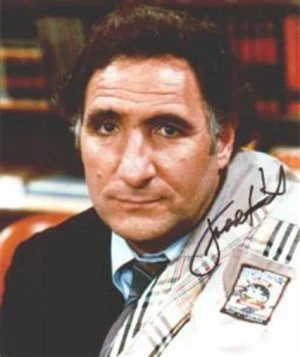
Alongside John in the One-to-One Club are the same characters from the UK version. Kirk Morris (Jere Burns) has been toned down from the UK version, but he remains a ladies’ man who believes in his own success with women considerably more than any woman does. Kate McCarron (Isabella Hofmann) is the only person in the group that John has any real connection with, but just as in the UK version, any hopes of a romantic involvement are doomed to failure.
The quirkiest member of the group is Ralph Drang (Harry Groener). Ralph is naïve with women, easily influenced and desperately lonely. He looks to John for sound advice but is easily swayed by the more cavalier approach to life that Kirk takes and is therefore persuaded to make questionable decisions.
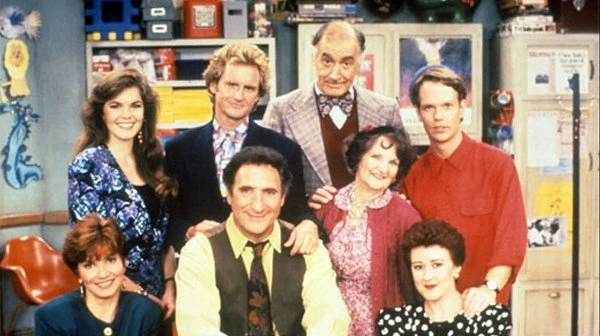
The group is of course run by Louise Mercer (Jane Carr). The writers kept her as an Englishwoman and understandably retained the principal element of her character that had made Rachel Bell’s incarnation so successful – always keen to turn the topic of conversation to the physical side of relationships, and always encouraging the group’s openness with the show’s only line that could have become a catchphrase – ‘were there any…sexual problems?’ with the impeccably timed pause mid-sentence.
The British version of Dear John was written by John Sullivan, better known for creating the golden sitcom Only Fools and Horses. The Americans were smart enough not to deviate too much from Sullivan’s original pretext for the show, but with the average run of a programme season running three or four times as long as a British series, inevitably changes would be afoot. Some of Sullivan’s scripts were adapted, but across 90 episodes (the original British version had only 14) a different direction was definitely needed, as were additional characters. Ex-wife Wendy and son Matthew have more regular involvement than their original versions, while there are more peripheral characters in the form of potential romantic options, staff at John’s school and frequent extra attendees to the One-to-One club.
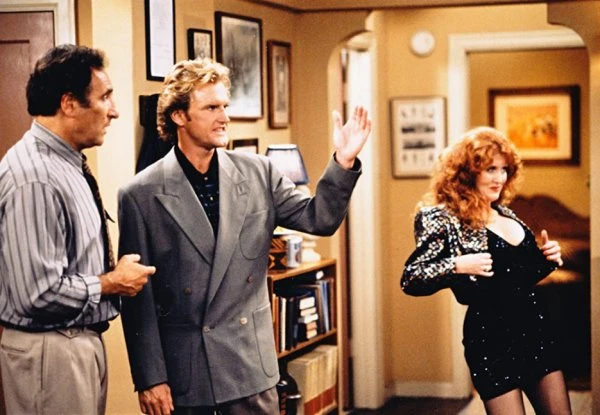
The principal deviation from the British versions is Kirk. In the original, Peter Blake plays a glorious version of the womanising medallion man, but by the end of the series he has taken on the appearance of a meek and mild Mummy’s boy, happier at home in front of the television than socialising. In the end, we hardly know which is the real Kirk. The American version doesn’t explore that complexity, in some ways to the detriment of actor Jere Burns. Additionally, the departure of Ralph for season four rather telegraphed the cancellation of the programme.
There are ample guest stars scattered across the four seasons, most notably Woody Harrelson and a welcome appearance from Cleavon Little, the much-missed star of Mel Brooks’ western spoof Blazing Saddles. The performances of the supporting cast in general aren’t fully enough to sustain Dear John USA though. The success of Taxi wasn’t entirely dependent on Hirsch – it was an ensemble piece that knitted together to perfection, whereas one always gets the impression that Dear John USA is entirely reliant on the amiability and reliability of Hirsch. He succeeds by and large with this responsibility, but there’s a certain charm missing from the American version…that said, it was a vast improvement on some American variants of British successes, and with his deadpan delivery and downtrodden looks, Hirsch ensures that while by no means a classic, Dear John USA was still an enjoyable, albeit brief, success.
Seen this show? How do you rate it?
Seen this show? How do you rate it?
Published on September 6th, 2022. Written by Brian Slade for Television Heaven.


